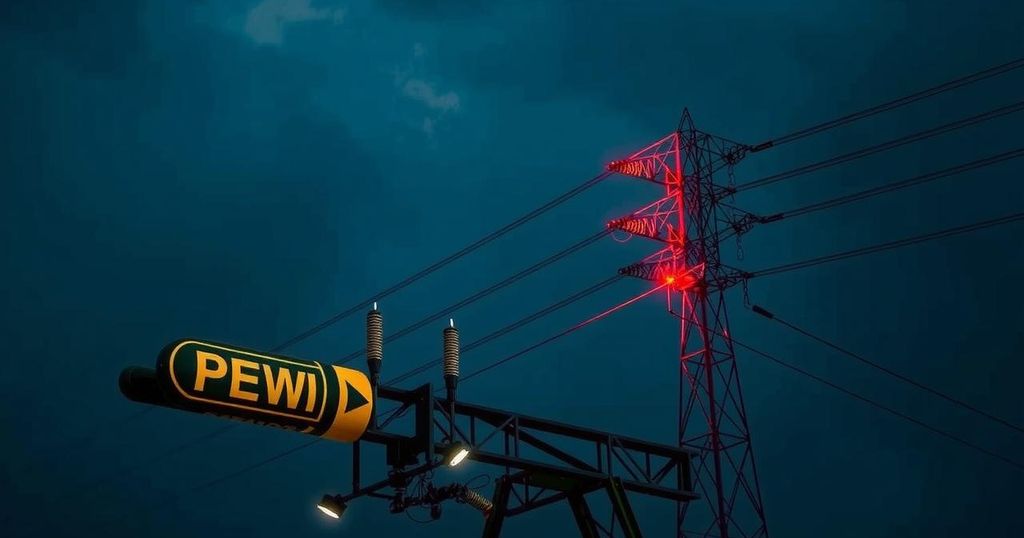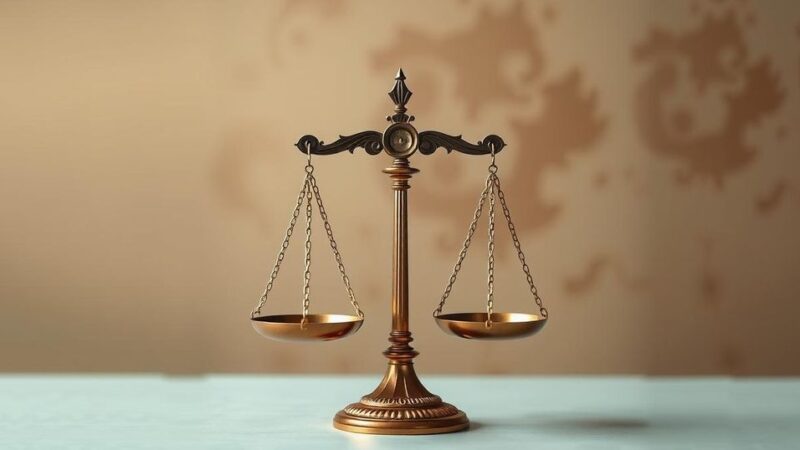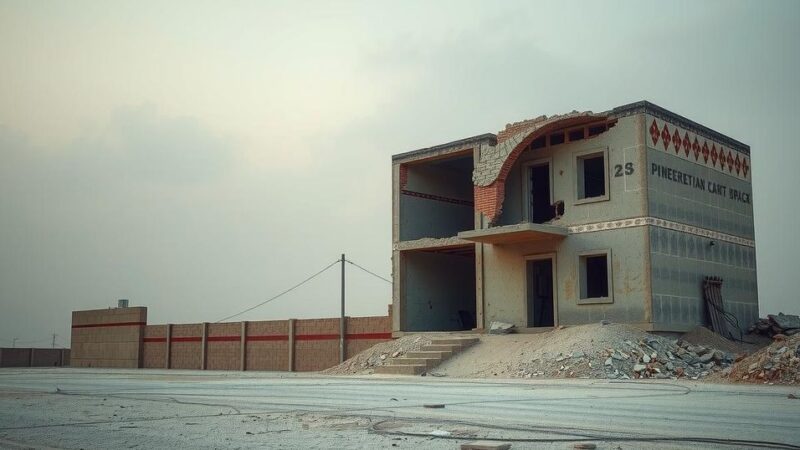Cuba has been without power for three days as Hurricane Oscar approaches, causing severe disruptions in daily life. With only 16% of the country having restored electricity, the energy crisis is deepening. Residents are struggling to access basic necessities, and protests are emerging due to prolonged blackouts, which are attributed to an overstressed electrical grid and external pressures.
As Hurricane Oscar approaches, millions of Cubans find themselves on the third consecutive day without power after several unsuccessful attempts to restore electricity. The Cuban Electrical Union reported that only 16% of the nation had power restored before the outdated electrical grid buckled once more on Saturday evening. Although officials did not specify a timeline for restoration, this was the third significant failure of the energy grid since Friday, resulting in persistent power outages across the entire population of approximately 10 million. The situation is exacerbated by Hurricane Oscar’s imminent landfall, which is forecast to bring strong winds and rough seas to eastern Cuba after making its initial impact on Inagua Island in the Bahamas. The National Hurricane Center indicated that while Oscar is expected to weaken after landfall, it may still be classified as a tropical storm when it moves north of Cuba and across the central Bahamas later in the week. The energy crisis for the island began with a blackout on Friday caused by a malfunction at one of its primary power plants. Following claims of a power restoration effort, a second nationwide blackout occurred the next morning. These blackouts pose a significant threat to the country, potentially leading to a deeper humanitarian crisis as water supply and food preservation hinge on stable electricity. Residents in Havana faced long lines outside bakeries in search of what limited bread was available, leading to tensions as customers argued about being skipped in line when supplies ran out. Amid the chaos, many Cubans took to WhatsApp to share information on which areas had electricity, while others sought out locations to store medications in refrigerators powered by generators. Although tourists continued to visit Havana, the city’s hotels struggled to maintain operations as their backup generators reportedly ran out of fuel. The airport remained operational but only via emergency power sources, creating issues such as malfunctioning printers and a lack of air conditioning. Protests have erupted in response to the ongoing energy crisis, with multiple demonstrations reported in the capital. Officials attributed the crisis to a combination of issues, including stringent U.S. economic sanctions and recent hurricane disruption, alongside the deteriorating state of the island’s infrastructure. In a televised statement, Cuban Prime Minister Manuel Marrero Cruz noted that the government had made the decision to halt economic activity in a bid to manage the limited energy supply effectively. In a concerning sign, the Minister of Health, José Angel Portal Miranda, stated that health facilities were operating on generators but continued to provide essential services despite the challenges.
The ongoing energy crisis in Cuba stems from a series of interlinked factors, including the aging infrastructure of the national electrical grid, increased economic sanctions imposed by the United States, and recent weather disturbances due to hurricanes. The situation highlights the historical context of Cuba’s reliance on external resources, particularly oil from friendly nations like Venezuela and Russia, to sustain its energy demands. The recurrent blackouts underscore the vulnerability of essential services such as healthcare, water supply, and food security, which depend heavily on consistent electrical supply. Moreover, the socio-political ramifications of these blackouts could contribute to civil unrest, further aggravating the existing economic and humanitarian challenges facing the island nation.
In summary, millions of Cubans are experiencing a prolonged loss of electricity as Hurricane Oscar approaches, with significant disruptions to daily life and essential services. The repeated failures of the energy grid pose severe risks to the population and have led to unrest in urban areas. While the government implements measures to manage the energy crisis, the underlying structural issues and external pressures further complicate recovery efforts. The situation remains precarious as the nation prepares for the impact of the hurricane amid ongoing blackouts and humanitarian concerns.
Original Source: www.cnn.com






